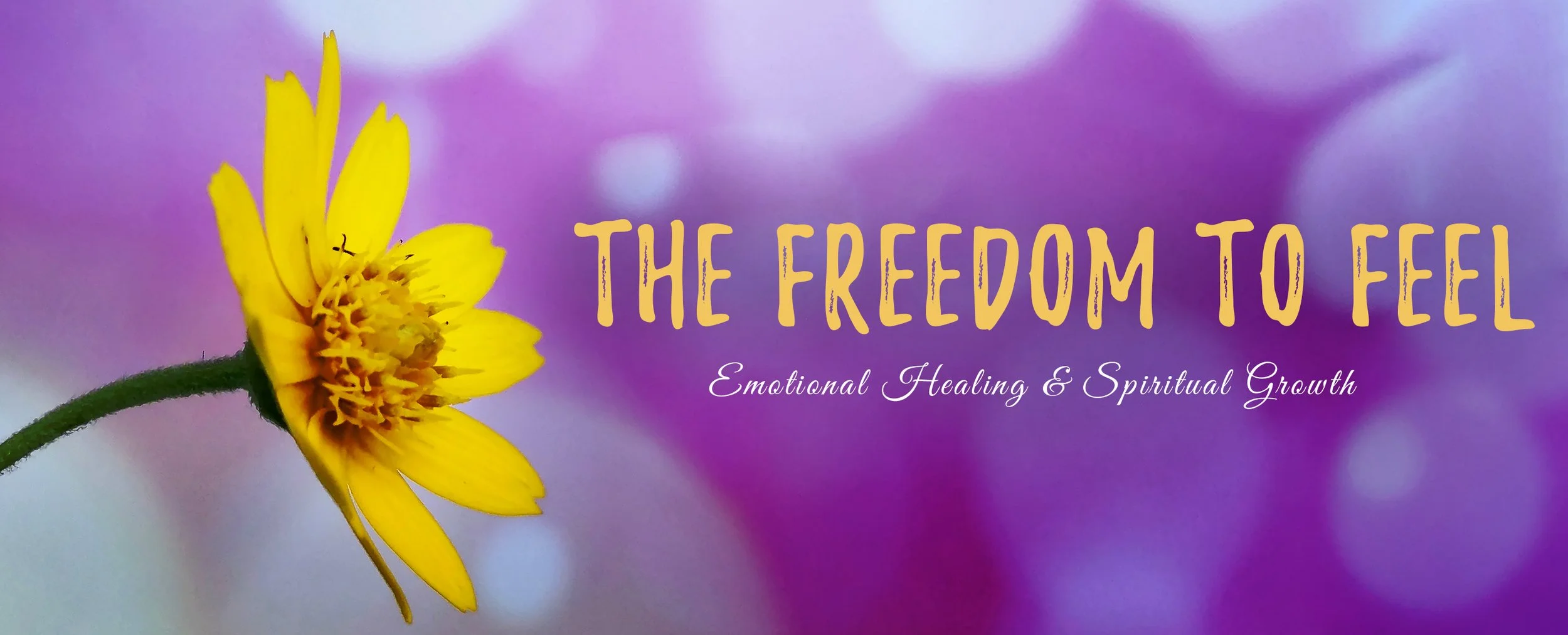Most of my life I've been a conflict-avoider, sweeping potential disagreements under the proverbial rug. But these days I seem to face contentions head-on, boxing gloves poised and ready. This is good, for the most part--running from conflict rarely solves anything. However, now that I'm not afraid to take on the hard conversations and can bring up the minors before they become majors, I realize I could use some fighting skills. It seems I'm doing it all wrong -- taking things personally, bringing up past issues that have nothing to do with the present, throwing in hurtful digs, albeit slight and 'hidden' (but not really). I shut down after I speak my peace and am closed-minded and judgmental when the other person expresses their side of things, wounding my dissentient and getting my own feelings hurt in the process.
So I write this article for me. And for any of you who struggle when it comes to conflict resolve.
We've developed bad habits
Of course, we don't make fighting a goal. In a perfect world, we'd tune into our emotions well before conflict arises and use these wise old friends to guide us as we manage our behavior, thwarting tensions before they erupt into battles. But then again, we're human, imperfect and immature and insensitive at times, so it's highly likely disagreements will evolve into fights. Most of us have picked up some poor habits, as early as childhood, and haven't learned there is a better way.
But before we look into acquiring some new fighting skills, let's determine first if your conflict management needs some work. Here are some things you don't want to choose to do when troubles arise:
Fail to listen to the other person's point of view with an open mind
Instead of seeking to find common ground, fight for your own way or ideas
Do most of the talking in disagreements
Feel extremely uncomfortable when conflict arises
Don't use tact when voicing your concerns, rather, you demean the other person and/or their ideas and/or use crass language to prove your point
Say things like "always", "never", and "everyone thinks this way..." (as if you know how everyone else in the world thinks or does things)
Bring up the past to prove your point of "Here we go again..."
Use put downs and demeaning words, saying things you know you'll regret later
View the other person as an adversary or foe because they don't agree with you
Think things like, "If only they would change, this could be resolved."
Quit and run away before the conflict is resolved
Use dishonesty to put an end to the conflict rather than being authentic with your feelings
View yourself as more superior, smarter, or 'a better person' because of how the other person is feeling/acting
Which of these best describes your boxing tactics?
It starts with Self-Awareness
Whether you choose one or all of the above when conflict hits, learning a new way of fighting can take some work. As with any behavior, we can make shifts in a new direction, but it's not always easy. But devoting effort to the development of conflict resolve skills will serve us well when the next battle comes along.
“Bravery is the choice to show up and listen to another person, be it a loved one or perceived foe, even when it is uncomfortable, painful, or the last thing you want to do.” ― Alaric Hutchinson
So where do we bad fighters start?
First of all, as with most things -- becoming self-aware is a good initial step. Take note of the poor habits you use when fighting, write them down, and take a hard look at them. Do they serve you well or do they usually escalate the conflict, or cause further avoidance? How do you feel when you act that way? How does it make the other person feel when you act that way? Most likely the things you're writing are not the most positive. It's OK. Recognizing the need to change often comes from acknowledging the hurt we are causing ourselves and others.
Managing our behavior
Now that you're ready to make some shifts, simply acknowledging bad behaviors is not enough. And just erasing them won't help either. As with the breaking of any old habit, it's beneficial to have a new toolkit at your disposal full of actions to replace ineffective behaviors. Here are a few to try:
Separate the person from the problem. Don't let yourself go down the path of "this person is bad, wrong, selfish, etc." because they have a differing opinion. Fight the desire to label them and instead, focus on the disagreement at hand.
Lay down preconceived ideas. It's easy to think you already have everything figured out before the conflict even begins. Be present and ask clarifying questions where needed so you're sure you understand their viewpoint, not your interpretation of their viewpoint.
Take a deep breath and slow down. An overload of feelings can cause an amygdala hijack. The amygdala is the part of the brain that processes our emotions. Because the emotional processing in our brain happens much more quickly than the rational side, if the amygdala perceives the situation is at a "fight or flight" level of danger, it will trigger a response that shuts down the rational side of our brains, causing us to say and do things we'll regret later. Trust me, this is something to avoid.
Listen to understand. Stop thinking about what you're going to say next and tune in to what they're saying, and not saying. Watch for body language (are they agitated, are they scared, etc.) and attempt to hear what they need/want in this situation, not just what is coming out of their mouth.
Before speaking, ask yourself, "Will this help or hurt the situation?" Sounds simple, but it's very effective! Choose your words carefully and be sure not to throw out insults or put-downs in the heat of the moment.
Remind yourself that their way may be a better way. Be curious. Have an open mind and think of the conversation as a way to brainstorm creative new ideas rather than taking offense because they don't agree with you.
“When we aren't curious in conversations we judge, tell, blame and even shame, often without even knowing it, which leads to conflict." -- Kristen Siggins
Don't attach judgments about their character because of their opinions. Again, separate out the issue from the person and fight the urge to jump to conclusions about their moral integrity just because you don't like what they're saying.
Be aware that the other person is experiencing his/her own set of emotions. There may be drivers going on that you're not aware of -- past hurts, disappointments, or struggles that the other person is dealing with. Offer some grace, in the moment, as you seek to understand the why behindhumi their actions or words.
Find a way to say something valuing about the other person. Even if you don't agree with them, making the other person feel valued for who they are, in the heat of an argument, can do wonders to diffusing anger and frustration levels. A great sentence starter is, "You know what I like about you?" then fill in the rest with a sincere, kind word.
"A soft answer turns away wrath." -- ancient proverb
Remember that the goal here is coming to a solution that works for both parties, not getting your own way. This may mean you have to reach a compromise where both of you give up a little to arrive at a peaceful outcome.






